Developing Workplace Sustainability Policy: Tiny Opera Company Report
VerifiedAdded on 2022/08/17
|10
|582
|23
Report
AI Summary
This report provides a comprehensive analysis of a workplace sustainability policy developed for the Tiny Opera Company. It outlines the company's commitment to environmental sustainability, focusing on key areas such as resource limitation, energy reduction, and waste management. The report discusses relevant standards like ISO 140001 and legislative requirements, alongside risk mitigation strategies within a specified budget. It details policy plans, including energy and gas usage reduction targets, waste management practices, and audience engagement initiatives. The implementation plan includes energy audits, water usage reports, staff training, and waste audits, all aimed at achieving organizational goals and promoting positive behavioral changes towards environmental conservation. The report also includes a bibliography of supporting resources.
1 out of 10
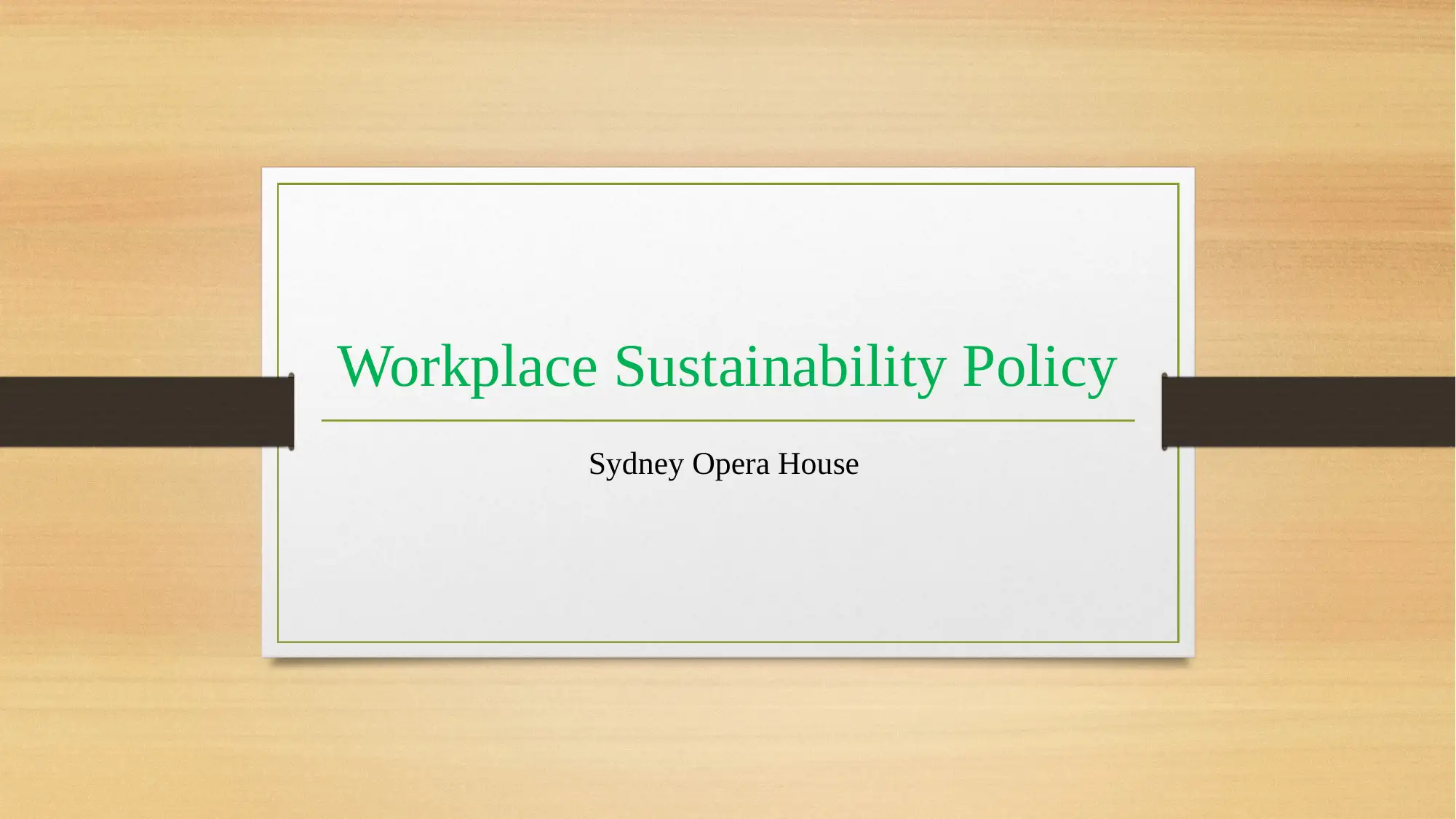
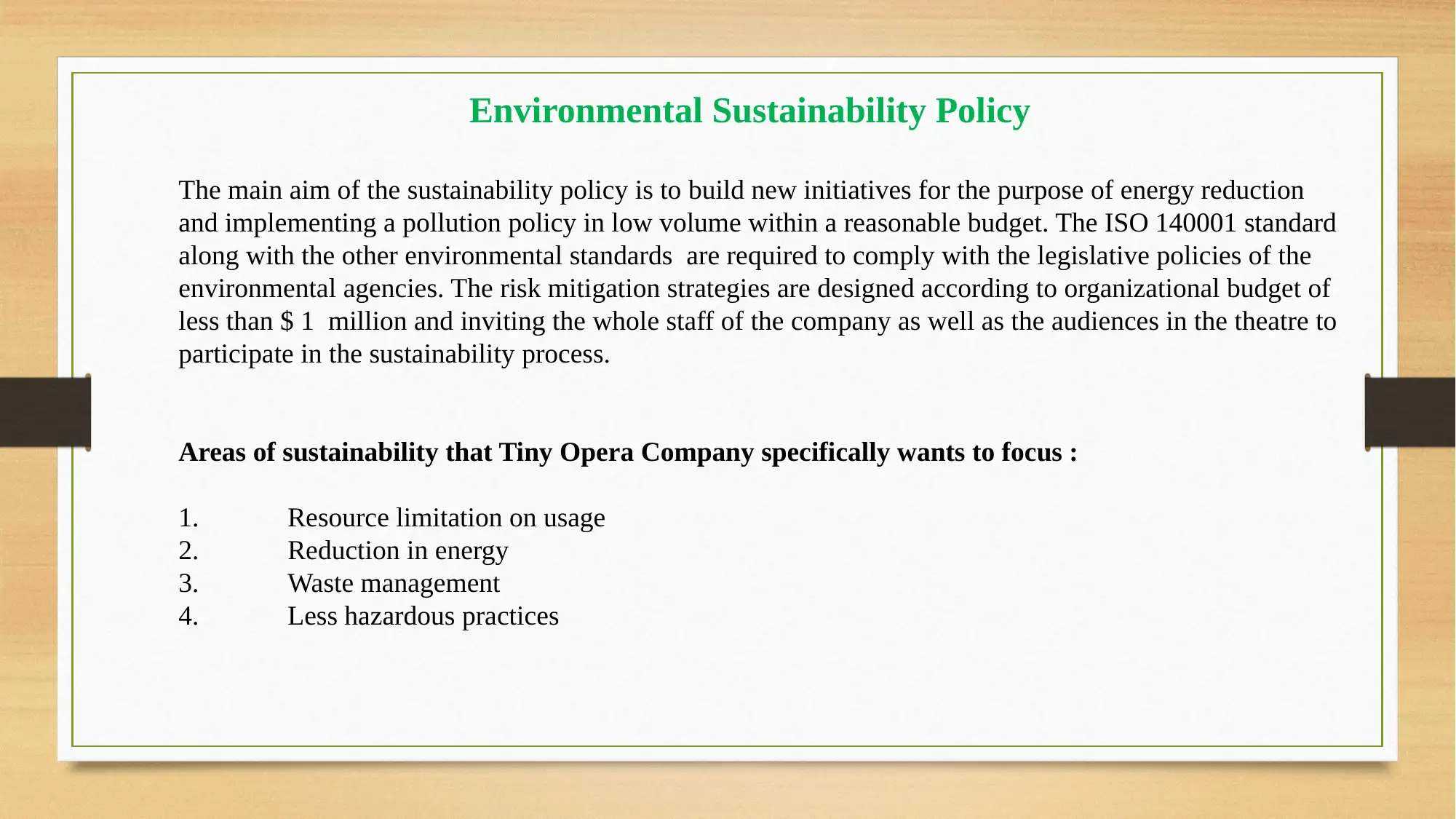
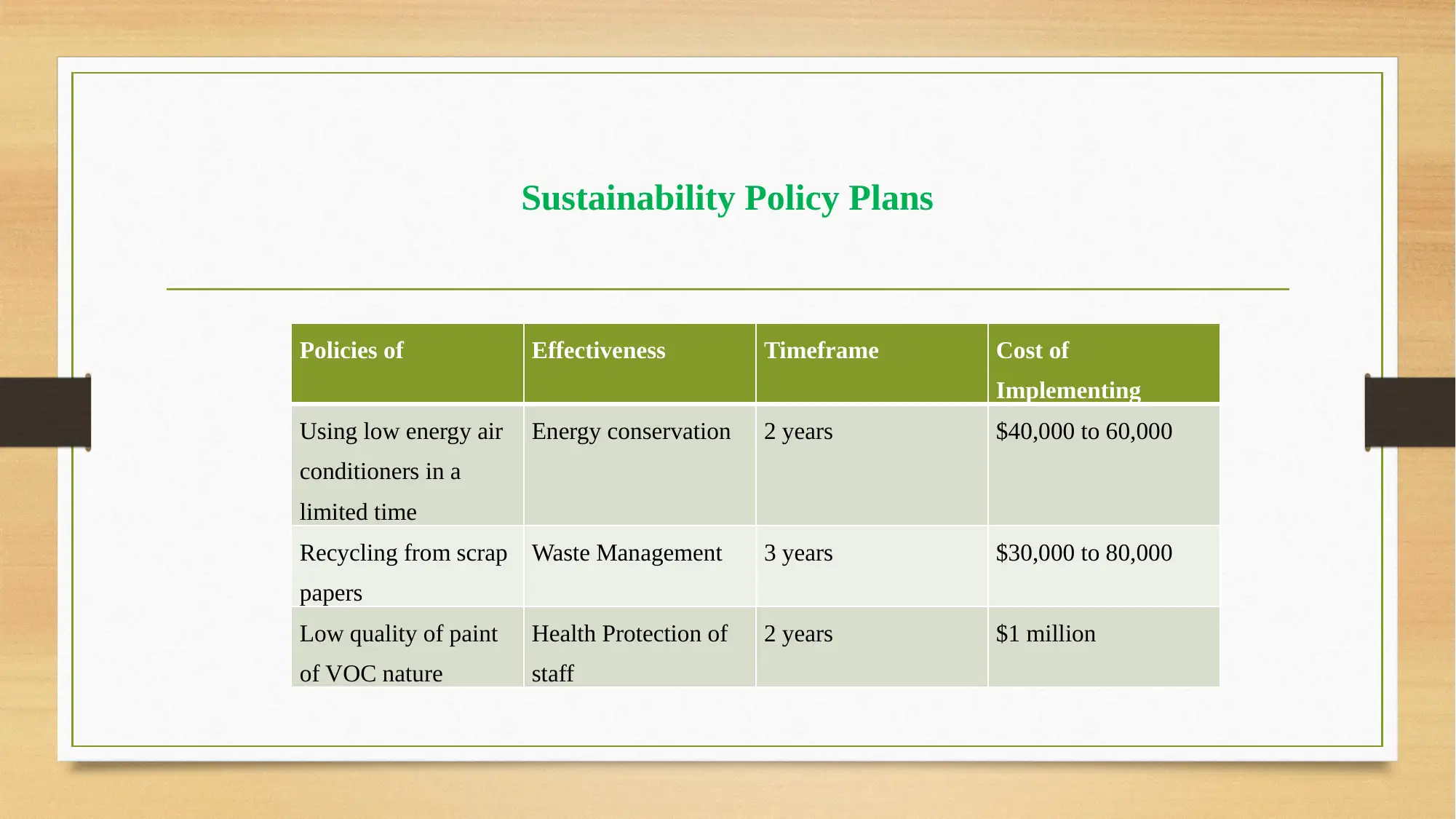

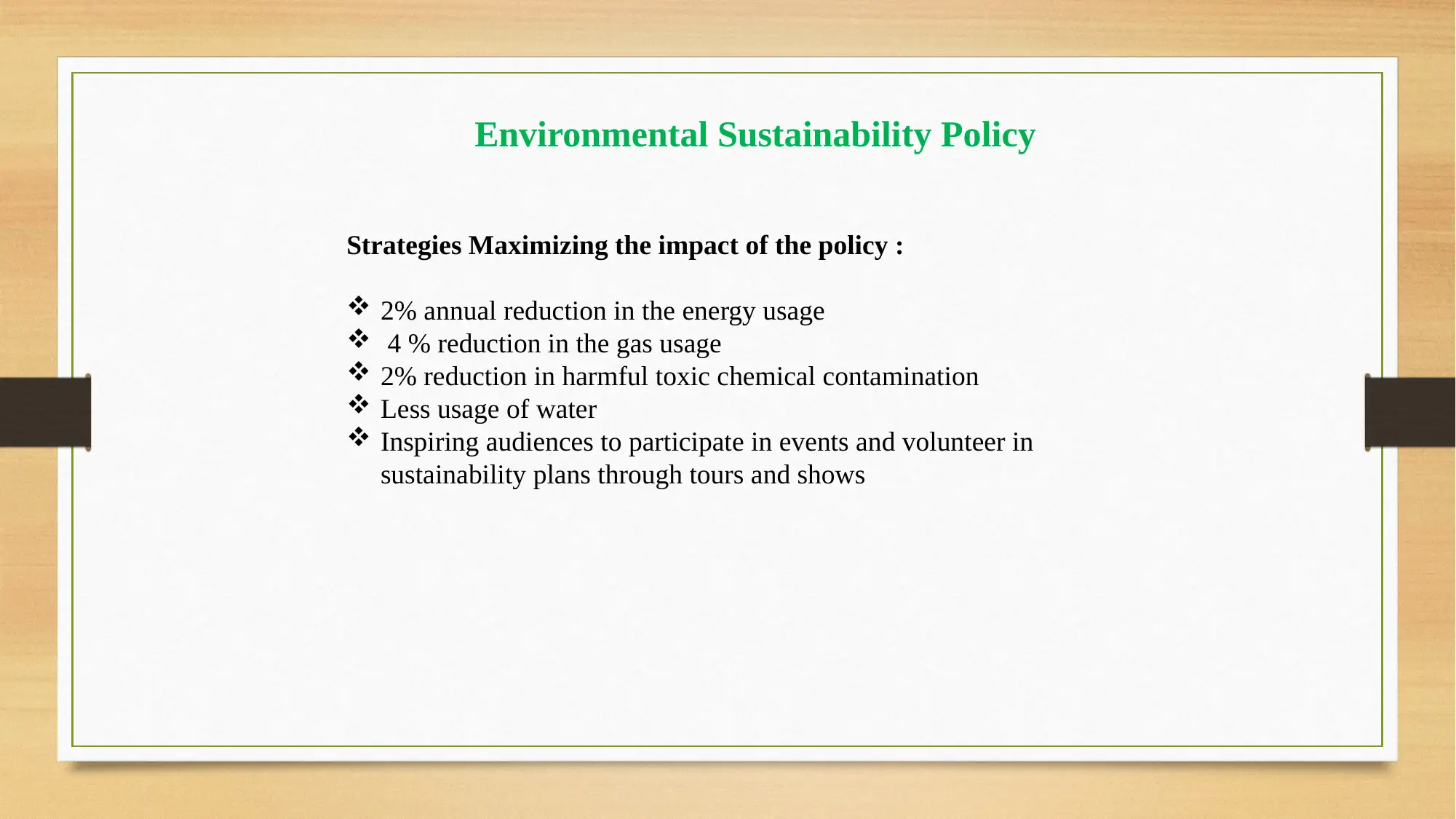
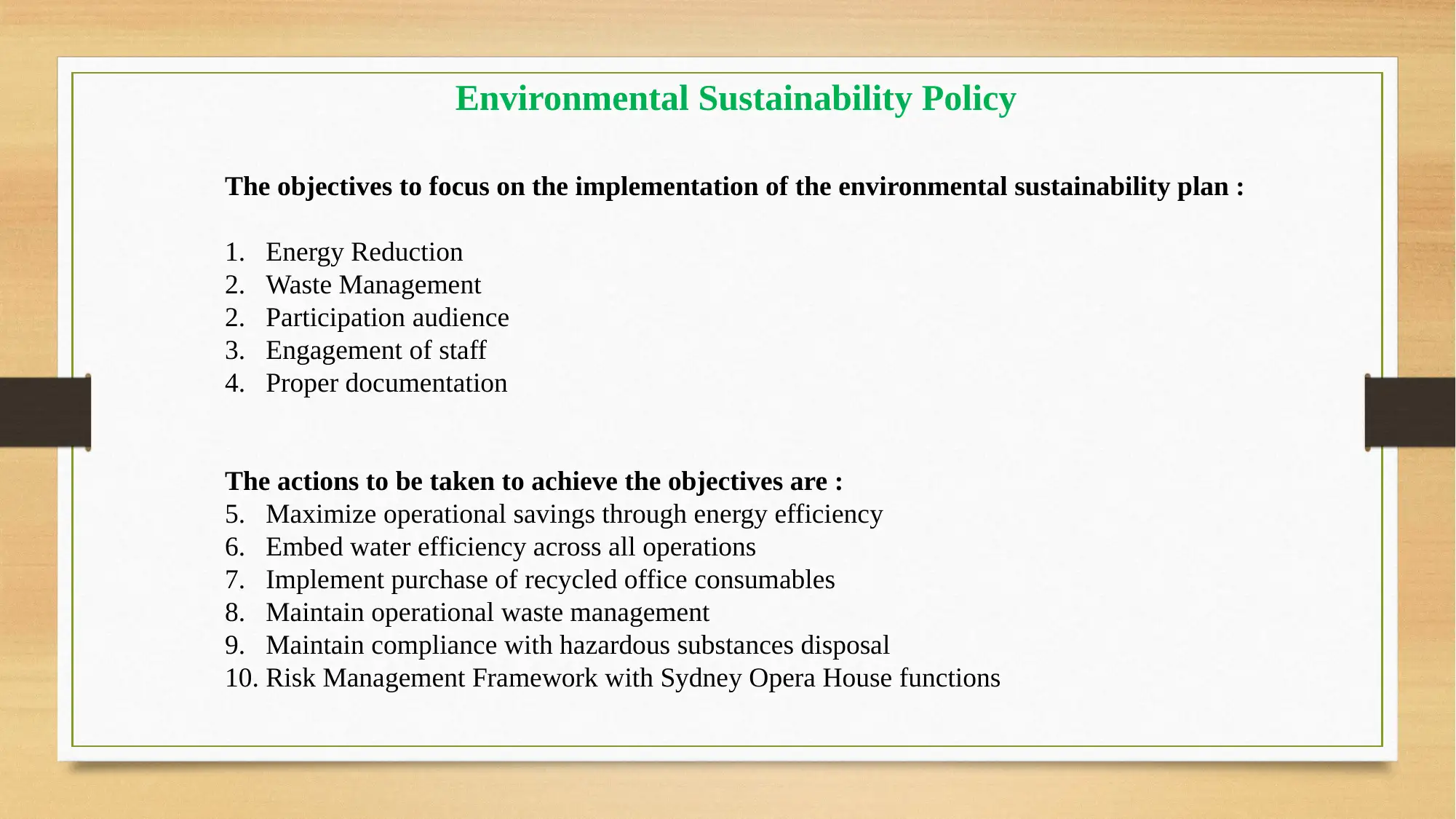
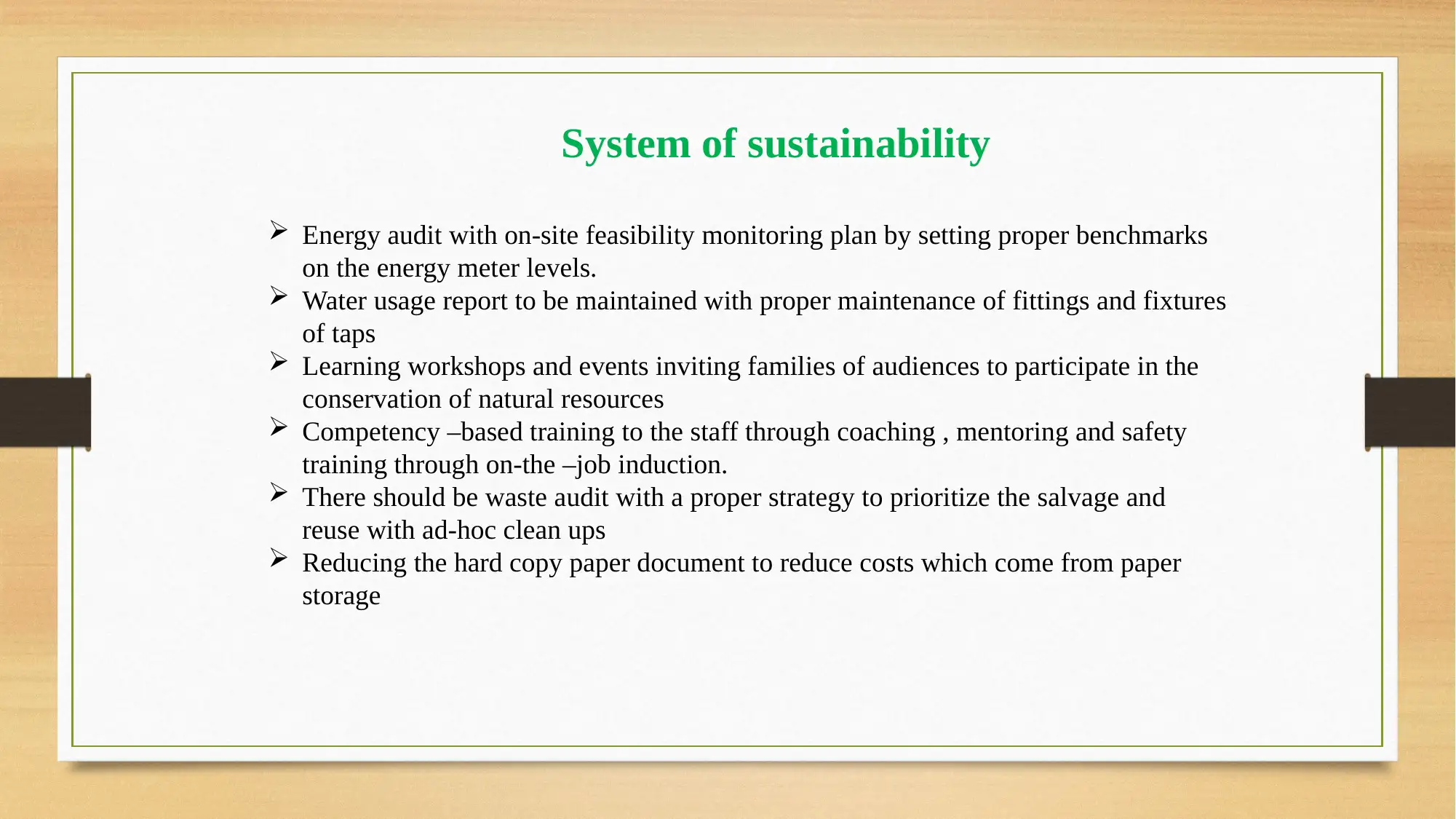
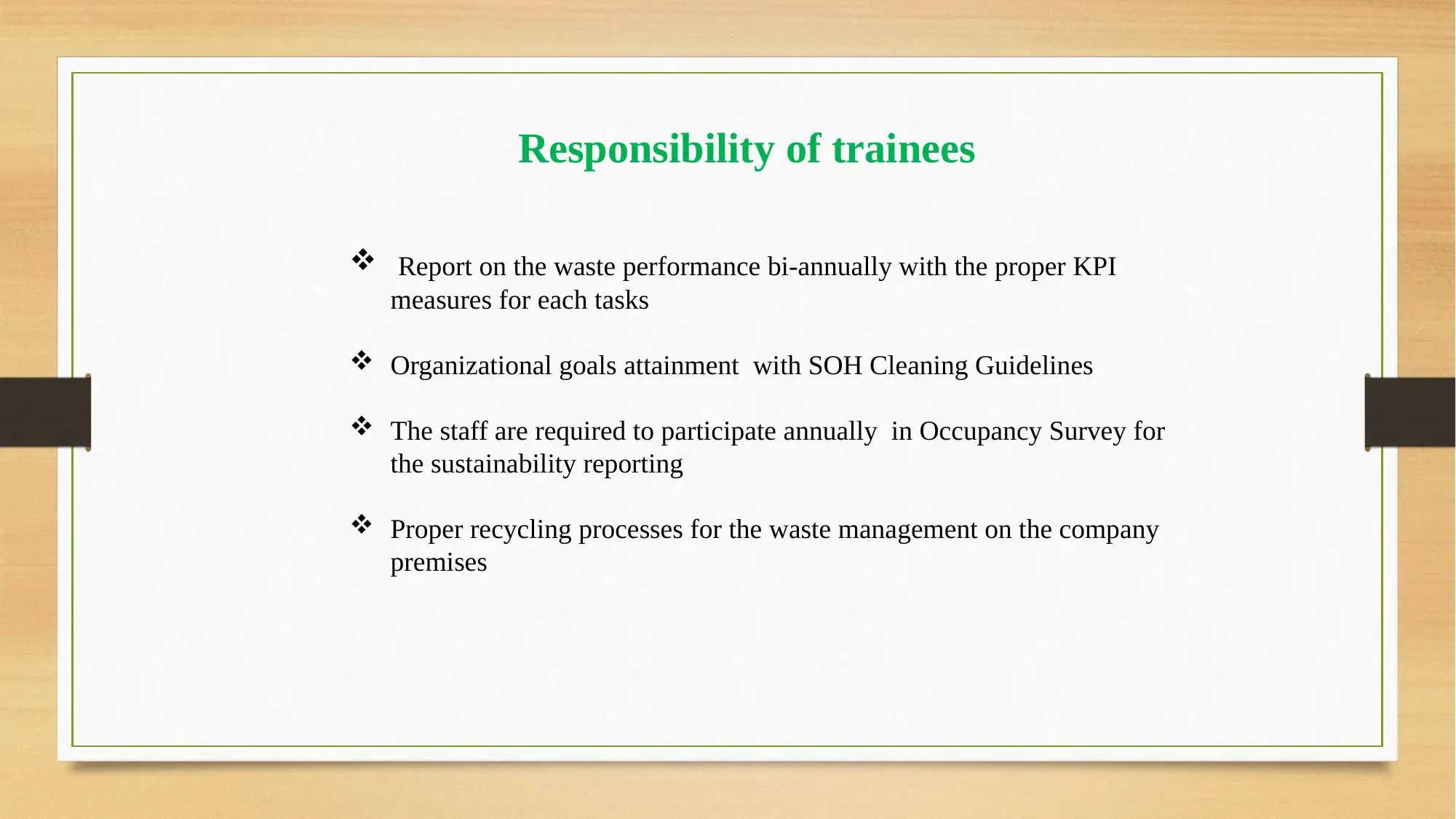
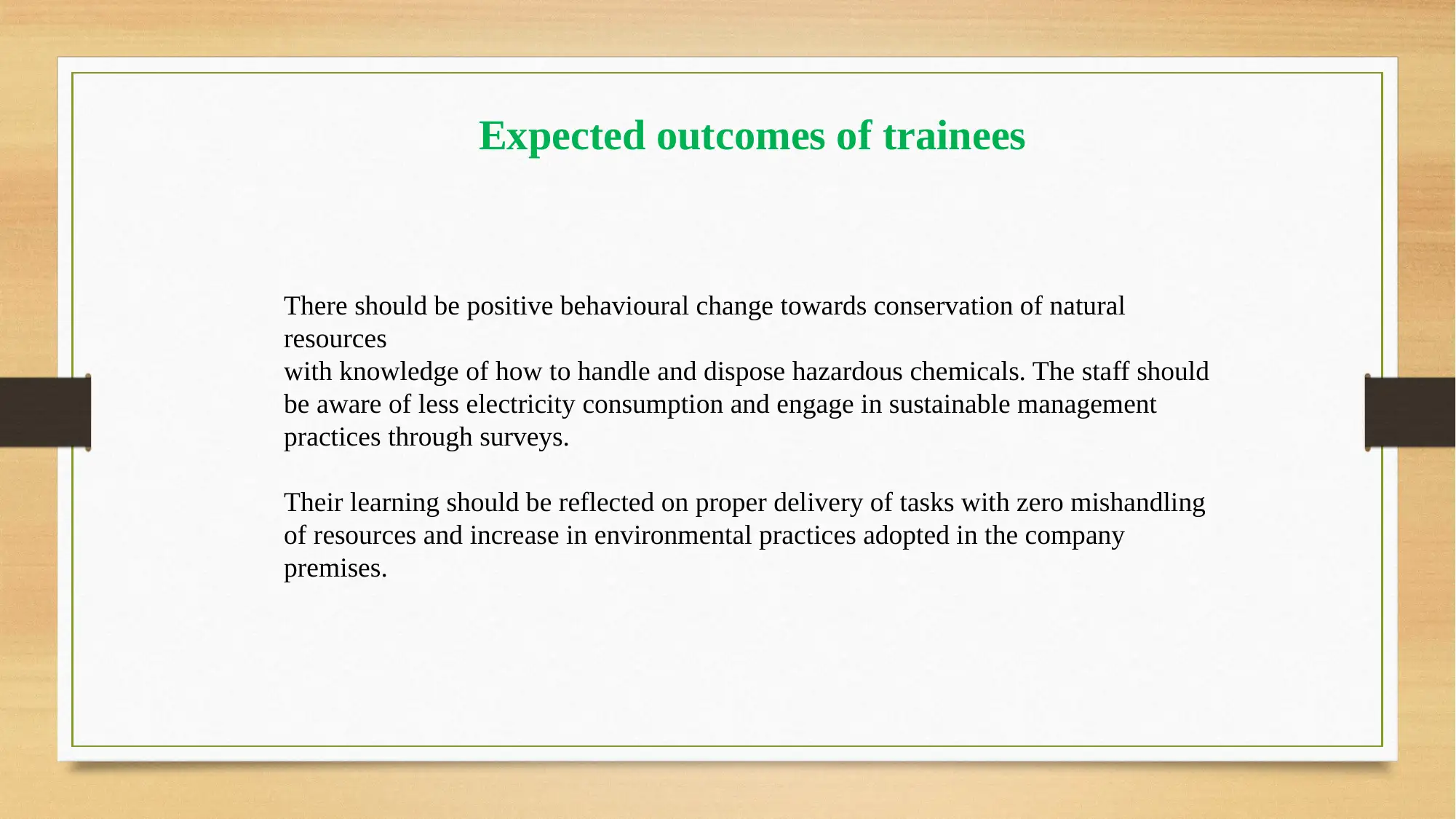
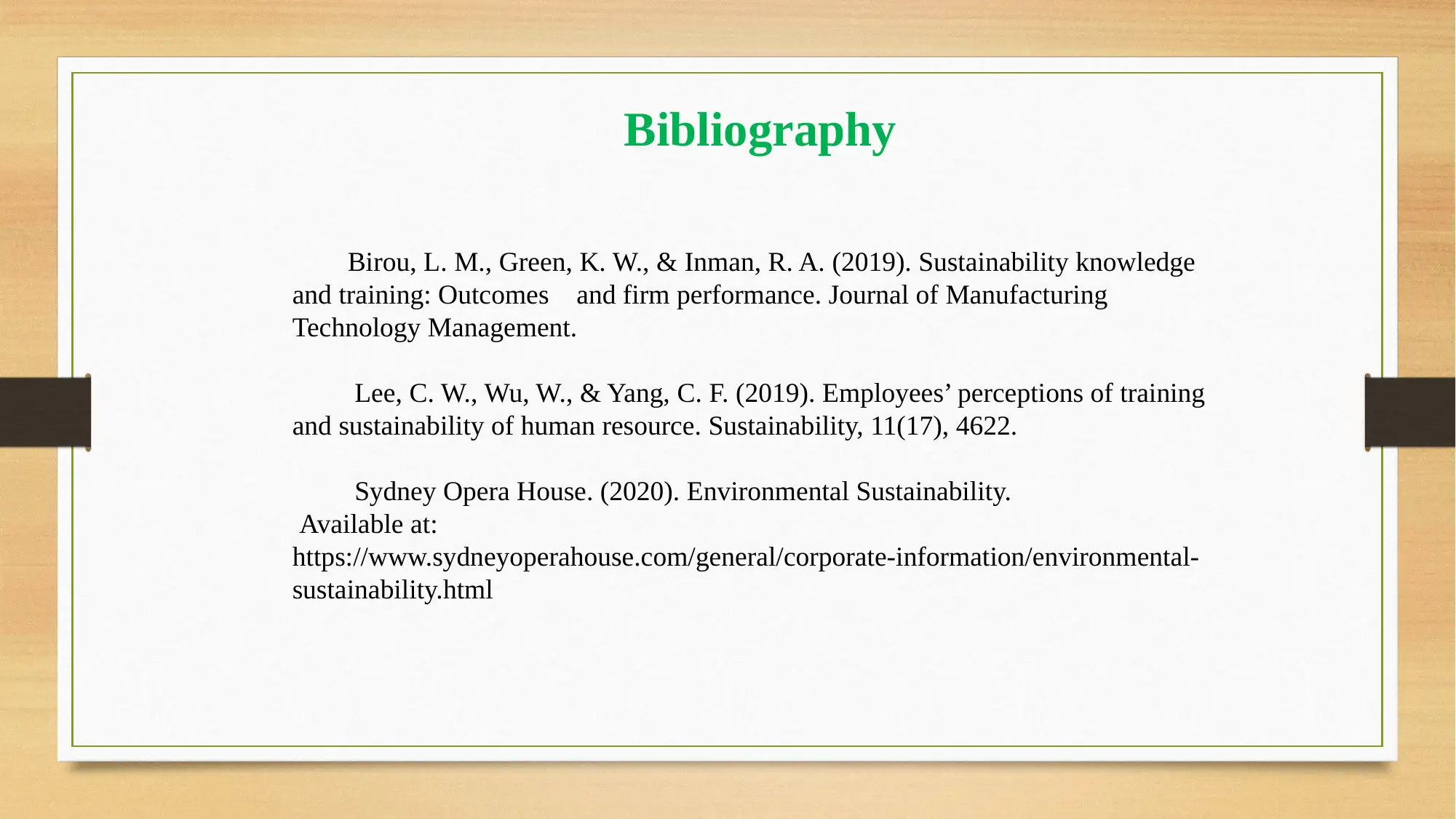





![[object Object]](/_next/static/media/star-bottom.7253800d.svg)